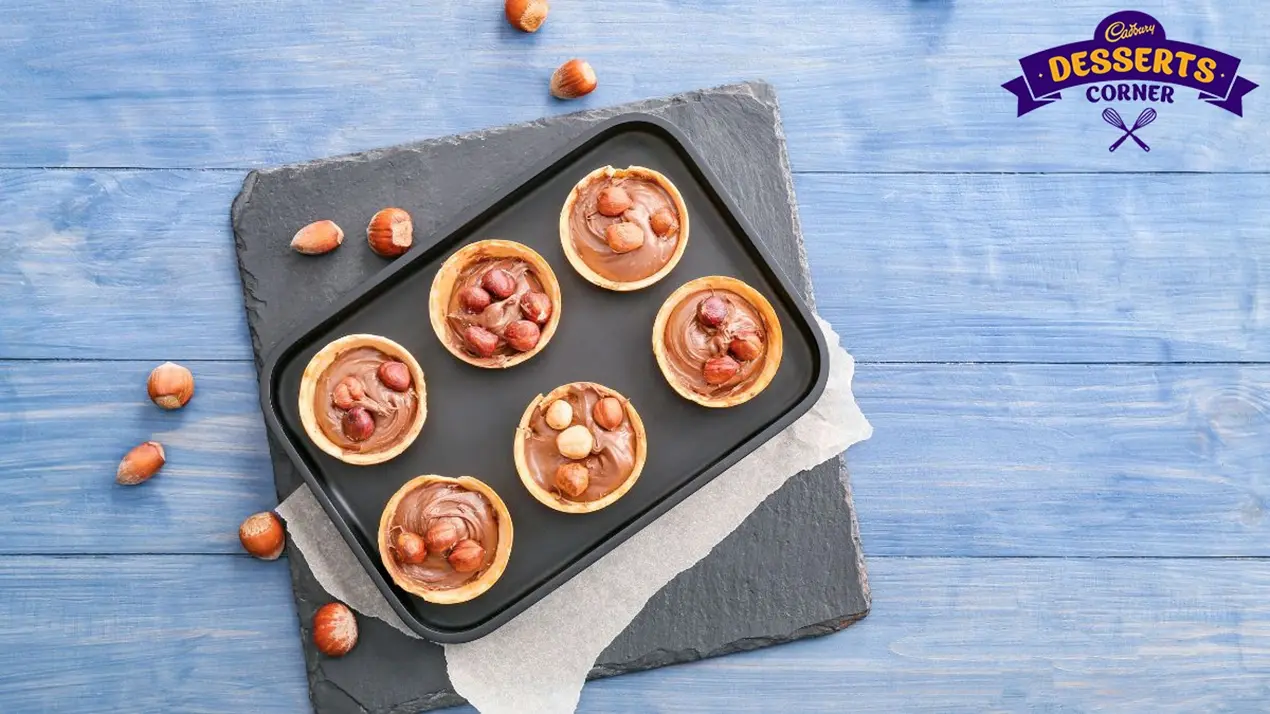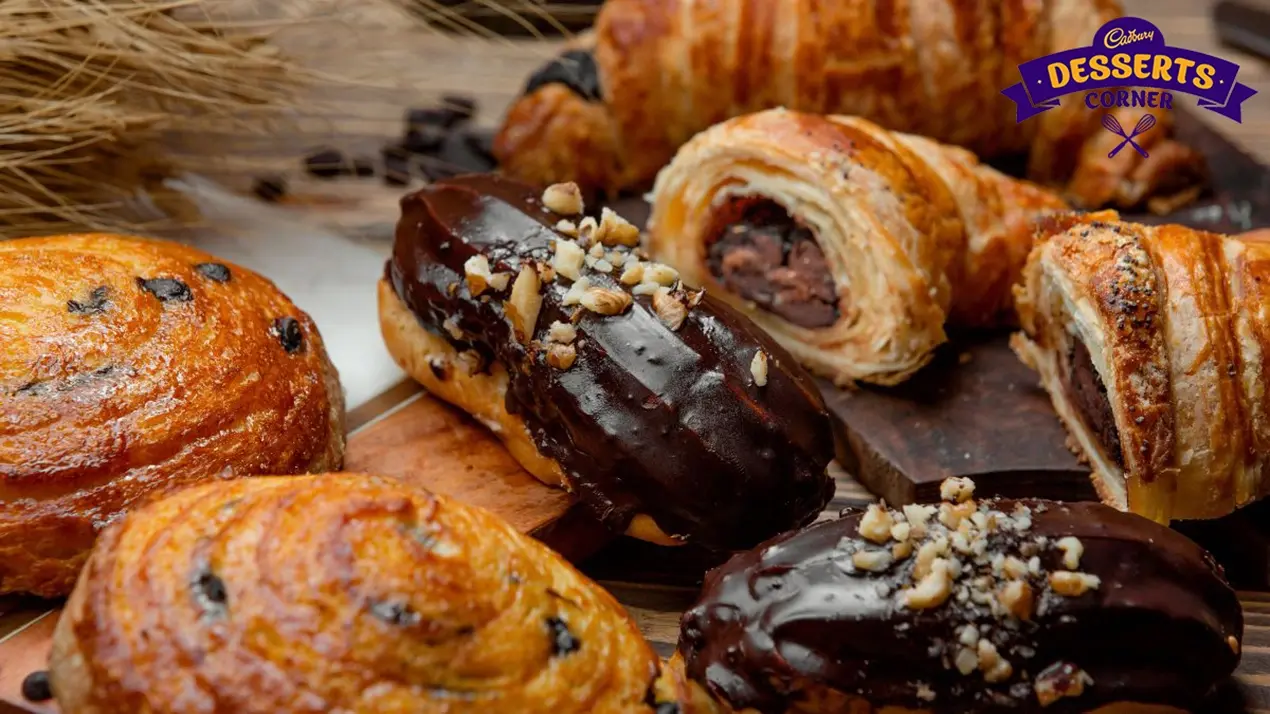Here are some clever methods to follow that will surely help you to decrease the waste created in your baking adventures

Baking is beloved by many as a creative outlet and a way to show affection through tasty treats. However, all that butter, sugar, and flour can generate lots of waste from packaging to leftovers. As consciousness grows around sustainability and limiting waste, more home bakers are looking for ways to indulge their hobby while keeping landfill contributions to a minimum.
The good news is that with some simple swaps, strategic planning, and clever repurposing, it’s easy to move toward zero-waste baking. From ingredients to equipment to dealing with leftovers, this guide will help you bake responsibly. Pretty soon, you’ll feel as good about your small trash bag as you do about your scrumptious strudels.
Use Up What You Have
The first step in low-waste baking is to take stock of what’s already in your pantry and fridge. One baker’s forgotten half-bag of chocolate chips is another baker’s perfect excuse for brownies. Before heading to the store, audit your dry goods, produce drawer, freezer, and fridge. You’re likely to find long-forgotten nuts, coconut flakes, or citrus that can shine in muffins, breads, and cakes. Using up what you have not only reduces food waste but also saves money.
BYO Supplies

Even if you’re an experienced baker, take another look at your tools with waste in mind. Stocking up on reusable items may seem less convenient initially, but will greatly reduce disposables over time. Invest in reusable silicone baking mats instead of parchment paper. Store flour, sugars, and spices in glass jars rather than plastic bags. And for coveted kitchen gadgets, consider borrowing from neighbors or friends rather than buying new ones.
Shop Smart
When restocking baking essentials like flour and sugar, buy from bulk bins using reusable bags or containers. Seek out large or economical sizes of oils, butter, milk, and egg substitutes to limit packaging waste. And consider old-school unpackaged staples like whole fruits, vegetables, and nuts over prepped or processed ingredients. Shopping at farmers' markets or food co-ops helps ensure any packaging you do acquire can be recycled or composted.
If intriguing mixes or prepared items catch your eye, flip over the box and check out the ingredients list. You may discover you already have the components at home, and can easily make it from scratch. Customize for ultimate flavor and quality control while eliminating plastics and excess packaging.
Reduce Food Waste

In an ideal world, each sweet treat we bake would be fully enjoyed without any leftovers or waste. But reality tells us sometimes recipes flop or eyes are bigger than stomachs. Luckily, stale or imperfect baked goods are easily revived or repurposed.
Cakes, cookies, and quick breads freeze remarkably well. Simply wrap tightly and store for up to several months. Best of all, frozen items hold up wonderfully when crumbled for pie crusts or trifles. Muffins also freeze well and can be sliced for bread pudding. Leftover pie dough keeps refrigerated for a few days or can be frozen for months.
Even rock-hard, long abandoned items aren’t destined for the trash. Old bread products get new life soaked in custards or French toast. Cookies, graham crackers, and nuts can be whirled into tasty crusts or toppings. And stale baked goods still shine when used in trifles or bread puddings. Waste not and you’ll want not with endless baking inspiration for leftovers.
Get Composting
Even conscientious bakers generate bits of waste like coffee grounds, egg shells, pandan leaves, and excess dough. Eco-friendly cooks have a simple solution – put it in the compost! Composting food scraps and yard waste avoids methane-releasing landfills. Best of all, it completes the sustainability circle by generating nutrient-rich soil amendments to help nourish future crops.
For city dwellers without yards, residential food waste collection services are exploding in many areas. Low-cost indoor vermicomposting bins let you compost year-round with red wiggler worms as mini waste-reducing “pets.” Bakers concerned about their brownie addictions can conveniently compost paper from muffin tins, tea bags from herbal ingredients, and parchment papers. Learn what your local services accept and go forth and compost without guilt!
With some simple habit adjustments, it’s easy to indulge in baking passions while honoring environmental values and reducing waste. Get baking the zero-waste way with these tips for sustainable ingredients, smart storage, strategic shopping, tasty transformations for leftovers, and handy composting. Soon that empty batter bowl will be the only trash headed out with the bin!
Like This Article?
More Like This



Popular Articles





Trending Web Stories
Curated Recipes


















